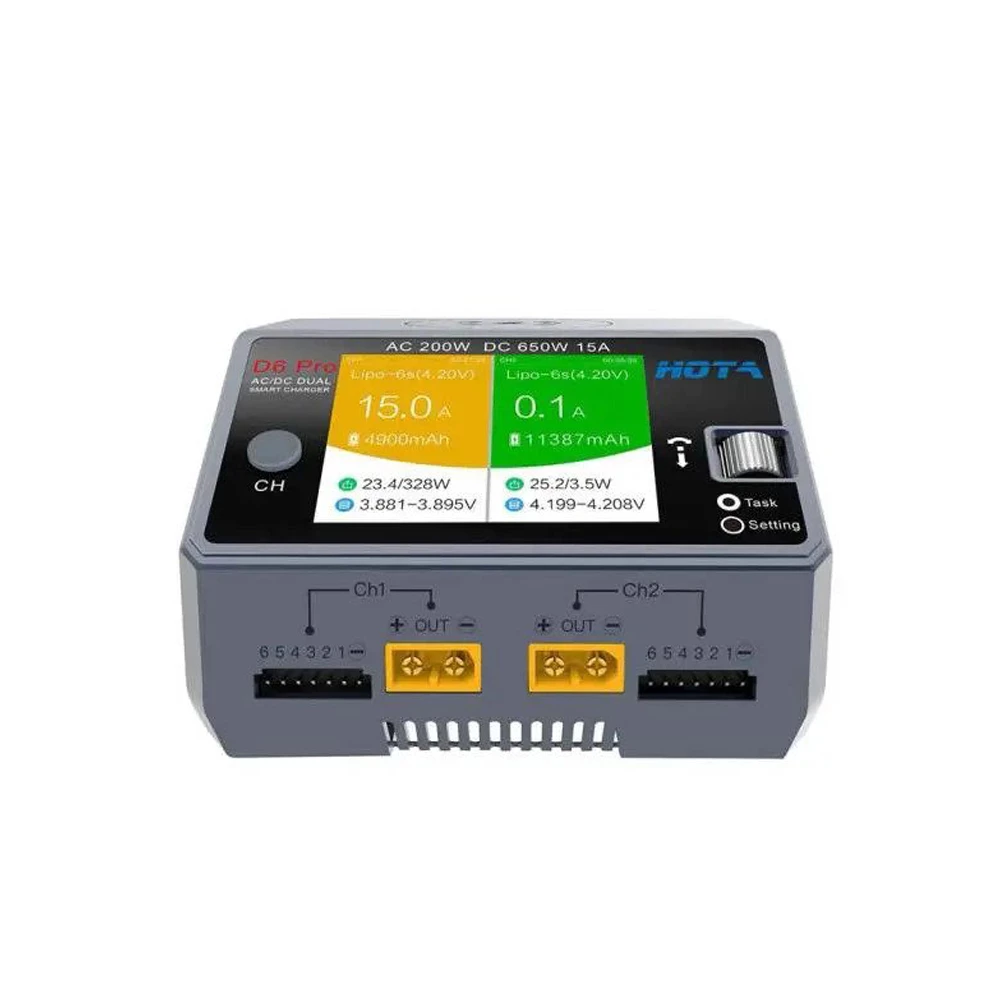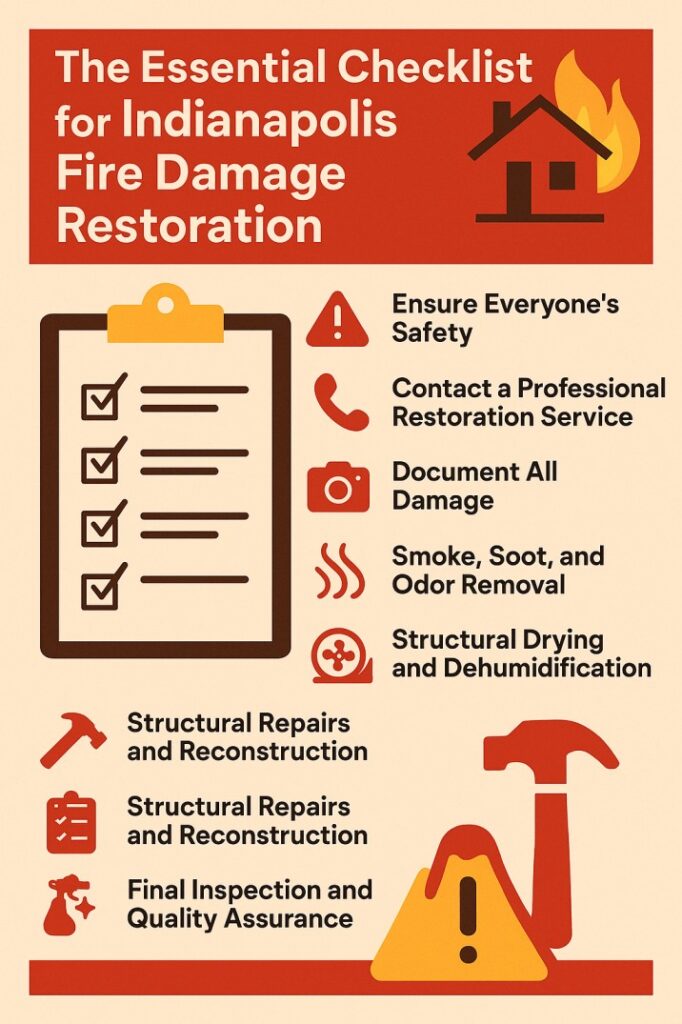If you’re an enthusiast of remote control (RC) vehicles, drones, or other battery-powered gadgets, understanding the intricacies of lipo chargers and RC batteries is crucial for both performance and safety. Lithium Polymer (LiPo) batteries have become the go-to power source for many hobbyists due to their high energy density, lightweight design, and ability to provide substantial power. In this blog, we’ll explore the essential aspects of lipo chargers and RC batteries, ensuring you’re well-equipped for your next adventure.
Understanding LiPo Batteries
What are LiPo Batteries?
LiPo batteries are a type of rechargeable battery that has gained immense popularity in the RC hobby world. They consist of a polymer electrolyte instead of a liquid electrolyte found in traditional batteries. This unique design allows for a lightweight and compact battery, making them ideal for applications where weight is a concern, such as drones and racing cars.
Advantages of LiPo Batteries
- High Energy Density: LiPo batteries can store more energy in a smaller space compared to other battery types. This translates to longer flight times or extended run times for your RC vehicles.
- Lightweight: Their lightweight construction helps reduce the overall weight of your RC vehicle, enhancing speed and manoeuvrability.
- Low Self-Discharge Rate: LiPo batteries have a lower self-discharge rate than many other batteries, meaning they can hold their charge longer when not in use.
- Versatility: Available in various sizes and configurations, LiPo batteries can be used in various applications, from drones and aeroplanes to cars and boats.
Common Types of LiPo Batteries
LiPo batteries come in several configurations, defined by the number of cells (denoted as “S” for series). For example, a 3S LiPo battery has three cells in series, which increases the voltage and power output. The most common configurations are 1S, 2S, 3S, and 4S, with higher configurations offering more power and performance.
The Role of Lipo Chargers
Why Use a Dedicated LiPo Charger?
Charging LiPo batteries is not as straightforward as charging other types of batteries. Because of their chemistry, LiPo batteries require specialized chargers to ensure safety and optimal performance. Here’s why a dedicated LiPo charger is essential:
- Balancing Cells: Most LiPo chargers come with a balancing feature that ensures all cells in a multi-cell battery charge evenly. This is crucial because an unbalanced charge can lead to cell damage or even catastrophic failure.
- Safety Features: LiPo chargers are equipped with various safety features, such as over-current protection, temperature monitoring, and short circuit prevention, to reduce the risk of fires or battery damage.
- Charge Rates: LiPo chargers allow you to select the charge rate, often referred to as “C” ratings. Understanding these rates is vital; charging a battery too quickly can lead to overheating and damage.
Types of LiPo Chargers
- AC Chargers: These plug into a standard wall outlet and are convenient for home use. They typically offer more features, such as balancing and multiple charge modes.
- DC Chargers: Designed for field use, these chargers run off a car battery or power supply. They are portable and can be used anywhere, making them ideal for outdoor enthusiasts.
- Smart Chargers: These advanced chargers automatically detect the battery type and capacity, adjusting the charge settings accordingly. They often come with advanced features like data logging and firmware updates.
Safety Tips for Using LiPo Batteries and Chargers
1. Never Overcharge
Always monitor your LiPo batteries during charging and use a charger that has an automatic shut-off feature. Overcharging can cause the battery to swell or catch fire.
2. Storage Conditions
Store LiPo batteries in a cool, dry place away from flammable materials. Consider using a LiPo-safe bag for added protection.
3. Proper Discharge
Avoid discharging your LiPo batteries below the recommended voltage (typically 3.0 volts per cell). Deep discharging can lead to irreversible damage and decreased performance.
4. Charge in a Safe Area
Always charge your LiPo batteries in a safe area, ideally away from flammable materials, and never leave them unattended while charging.
Choosing the Right LiPo Battery and Charger
1. Understand Your Requirements
Before purchasing a LiPo battery or charger, assess the requirements of your RC vehicle or drone. Check the specifications for recommended battery sizes, voltages, and capacities.
2. Quality Matters
Investing in high-quality LiPo batteries and chargers from reputable brands can save you from potential problems down the line. Look for batteries with good reviews and chargers with a proven safety track record.
3. Compatibility
Ensure that your charger is compatible with the number of cells in your battery (S configuration) and can handle the capacity (in milliamp hours, or mAh).
In the world of RC vehicles and drones, understanding lipo chargers and RC batteries is essential for both performance and safety. LiPo batteries offer significant advantages in terms of weight and power, making them the preferred choice for many hobbyists. However, the importance of using a dedicated LiPo charger cannot be overstated. It ensures safe charging, balances cells, and protects your investment.
By following the safety tips and guidelines outlined in this blog, you can enjoy a reliable and efficient RC experience. Whether you’re racing your car, flying your drone, or navigating your boat, mastering the ins and outs of lipo chargers and RC batteries will enhance your performance and longevity in the hobby. So gear up, charge your batteries, and get ready for your next adventure!









